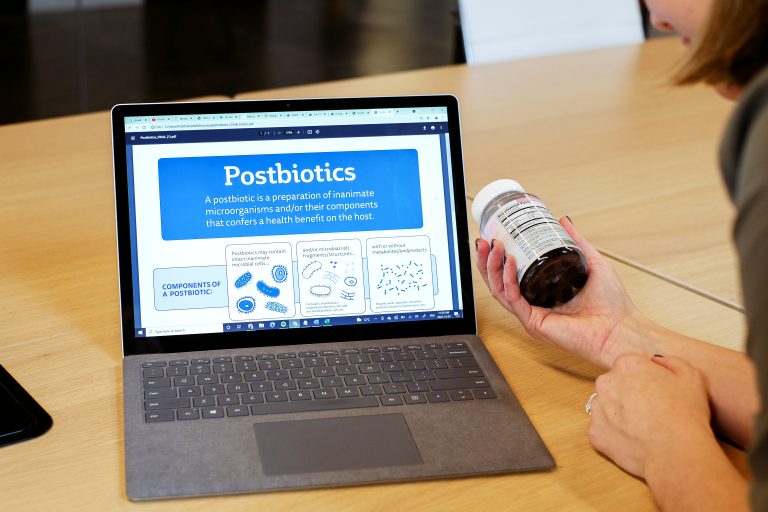Read our news and blog articles for expert perspectives on what’s new in the field.
ISAPP publishes news as well as scientific articles and opinions from experts across the field of probiotics, prebiotics, synbiotics, postbiotics and fermented foods. Search our archive to find the specific topic you’re looking for.
1-30 of 383 results
-

ISAPP welcomes two new scientists to its board of directors
The ISAPP board of directors is pleased to welcome two prominent scientists and frequent ISAPP collaborators to its ranks: Prof…. -
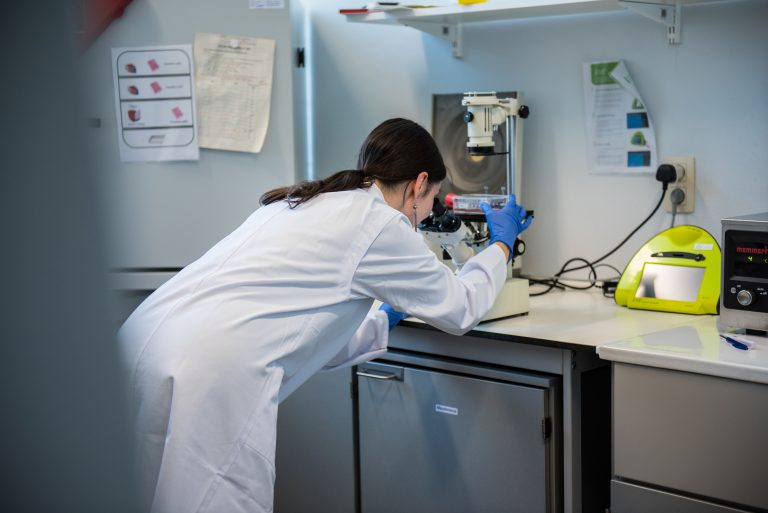
Microbiome endpoints in clinical trials for biotics – where do we stand and what have we learnt?
I’m sure you’ve read the results of trials similar to these (fictional) conclusions: ‘Our findings showed an increase in Faecalibacterium and Enterococcus, two… -

ISAPP Board Scientist Honored by American Society for Nutrition as Inaugural Fellow
Prof. Kelly Swanson PhD from the University of Illinois Urbana-Champaign, a nutrition scientist from the ISAPP board of directors, has… -

Exploring resources to inform probiotic recommendations: New UK Probiotic Guide Released
Well-informed healthcare professionals know the importance of recommending evidence-based probiotic products to their patients to achieve specific health benefits. But… -
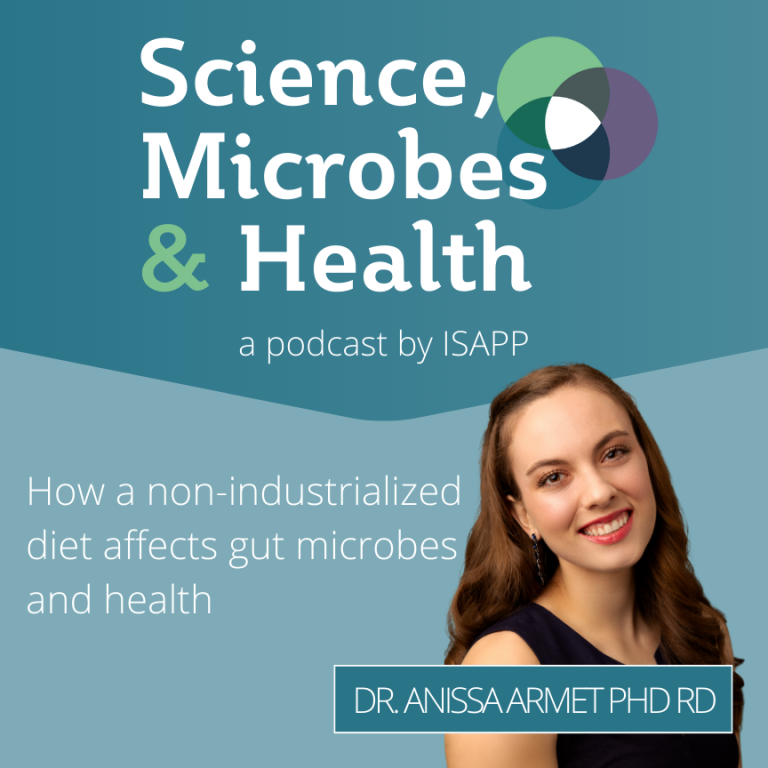
How a non-industrialized diet affects gut microbes and health, with Dr. Anissa Armet PhD RD
This episode features Dr. Anissa Armet PhD RD from the University of Alberta in Canada, speaking about the impact of… -

New paper summarizes current findings from global research on the vaginal microbiota
Knowledge about the vaginal microbiota is important for women’s health worldwide, but the majority of the research to date has… -
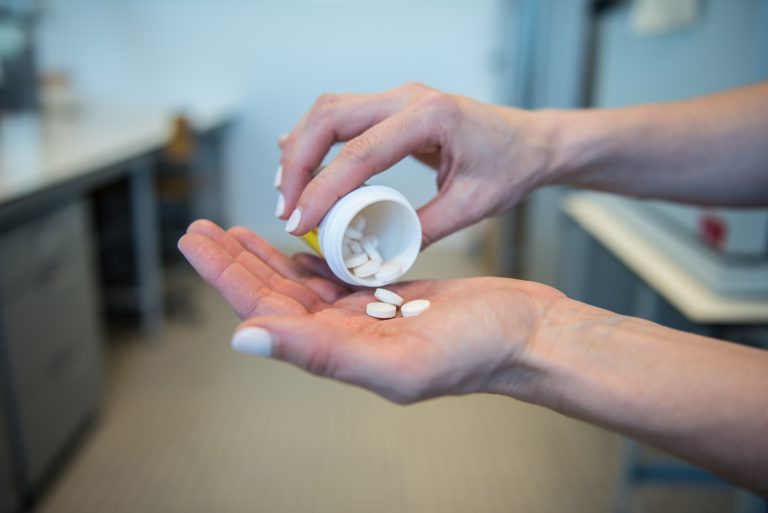
How to respond to the question “Should I take a probiotic?”
With contributions from Prof. Daniel Merenstein MD A Washington Post article published March 11, 2025 by a gastroenterologist addressed a… -

ISAPP’s President Elected to the American Academy of Microbiology
The President of the ISAPP Board of Directors, Prof. Maria Marco PhD, was among the elite group of scientists elected… -

The Promise of Personalized Medicine
While the existence of responders and non-responders are evident in any clinical trial, today’s forward thinkers envision the next logical… -

Researcher in Cameroon Dedicated to Women’s Health Receives 2025 Gregor Reid Award for Outstanding Scholars in Developing Nations
It is with great pleasure that the ISAPP board of directors announces this year’s winner of the Gregor Reid Award… -

2025 Glenn Gibson Early Career Researcher Award Goes to Researcher in China Focused on Probiotics for Brain Health
ISAPP is pleased to announce that the recipient of this year’s Glenn Gibson Early Career Researcher Award is Dr. Peijun… -

Dutch Microbiologist Passionate About Biotics Applications & Public Outreach Receives ISAPP’s 2025 Sanders Award for Advancing Biotic Science
The ISAPP board of directors is thrilled to announce the winner of the 2nd Sanders Award for Advancing Biotic Science:… -

2024 in Review: Important Advances in Biotic and Microbiome Science
By the ISAPP Editorial Team, with contributions from the ISAPP Board of Directors 2024 was another banner year in the… -

ISAPP panel concludes that more evidence is needed to determine whether probiotics help restore an antibiotic-disrupted microbiota
By Dr. Mary Ellen Sanders PhD, Mary Ellen Sanders LLC, Colorado, USA, Dr. Hania Szajewska MD, Medical University of Warsaw,… -

Planning a Biotics Study? New Publication Recommends Adding Diet as a Variable
Both dietary patterns and specific foods are known to affect the digestive tract environment, either directly or indirectly (for example, by shaping the gut microbiome),… -

ISAPP Board Member Prof. Dan Merenstein MD Elected to National Academy of Medicine
A longtime ISAPP board member, Prof. Dan Merenstein MD of Georgetown University School of Medicine, has received a prestigious honor:… -
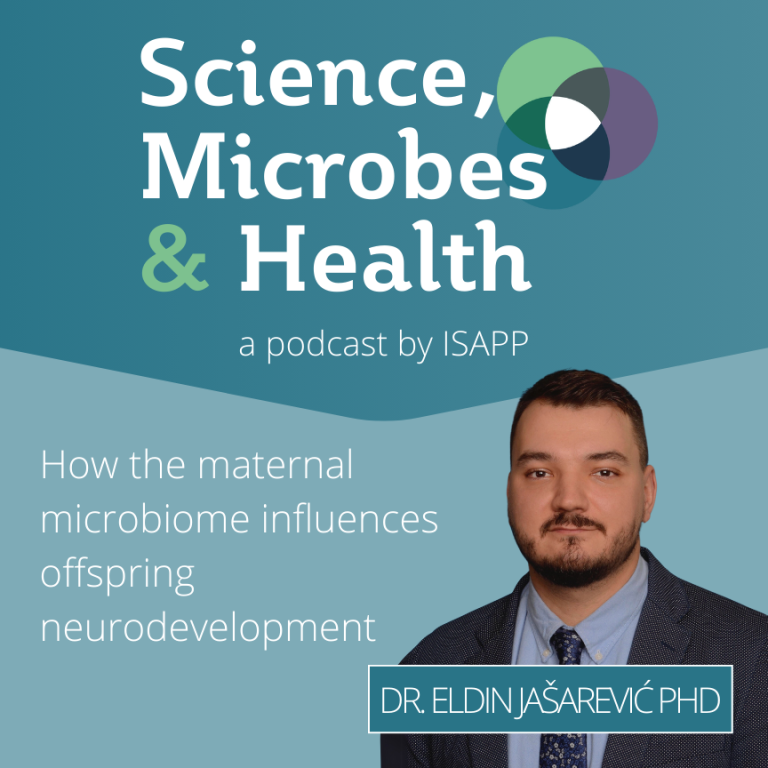
How the maternal microbiome influences offspring neurodevelopment, with Dr. Eldin Jašarević PhD
This episode features Dr. Eldin Jašarević PhD from University of Pittsburgh discussing research that investigates how maternal signals influence the… -
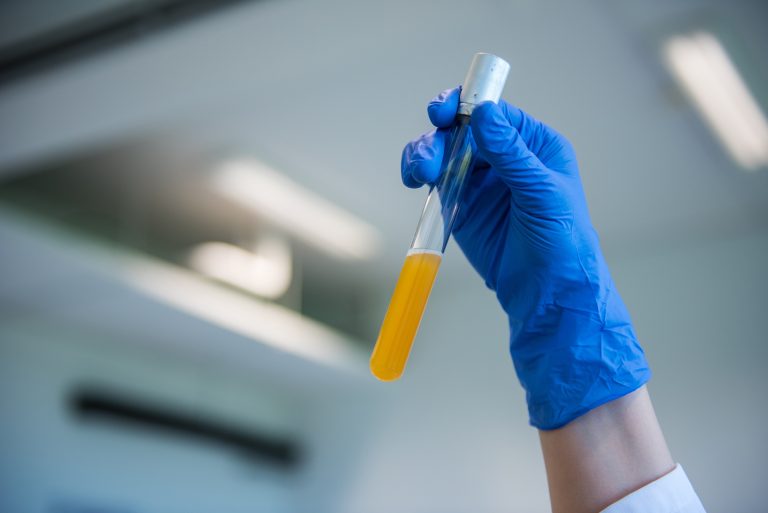
How do we know if a microbe is dead?
By Prof. Maria Marco PhD, University of California, Davis “Kills 99.9% of bacteria and viruses.” This percentage and others like… -
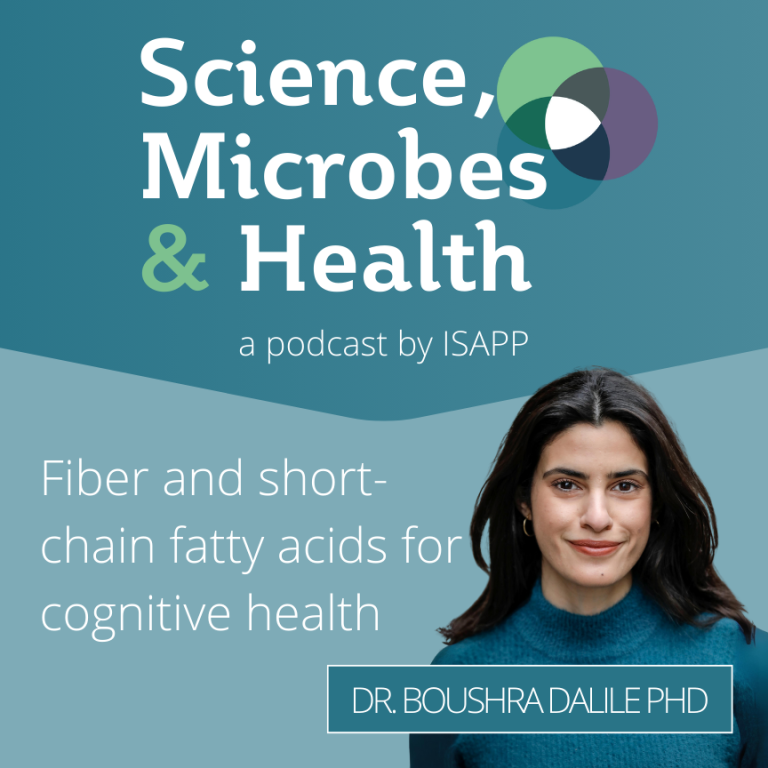
Fiber and short-chain fatty acids for cognitive health, with Dr. Boushra Dalile PhD
[powerpress] This episode features Dr. Boushra Dalile PhD from KU Leuven in Belgium – ISAPP’s 2024 Glenn Gibson Early Career… -

Can Probiotics Prevent Respiratory Tract Infections in Infants and Children?
Imagine you are a primary care pediatrician practicing in an area where respiratory tract infections (RTIs) are particularly common during… -
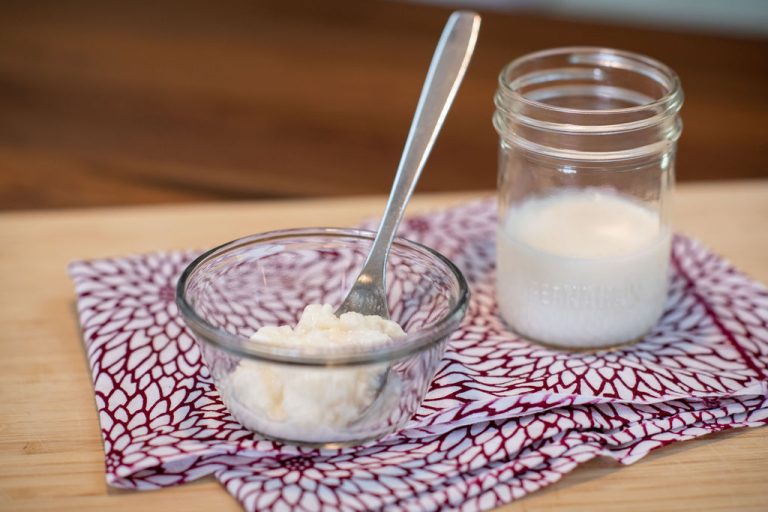
Discovering novel bioactive peptides in fermented foods
Food not only serves as a primary source of essential nutrients but also contains a wealth of potential bioactive compounds…. -
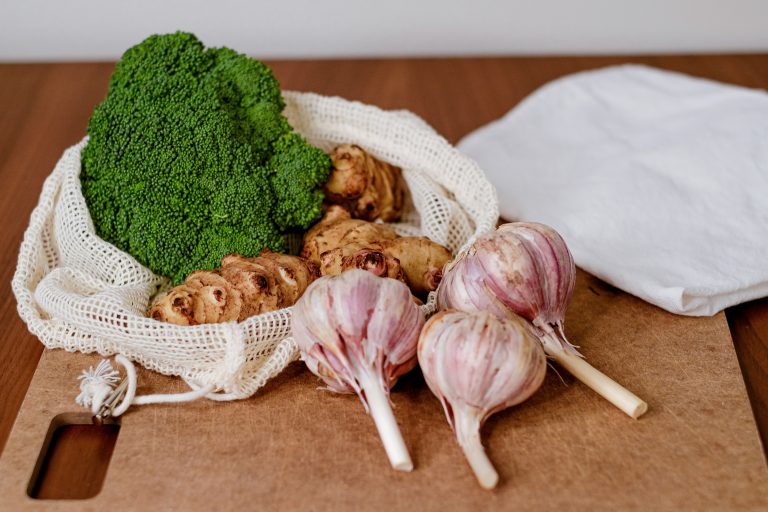
ISAPP elaborates criteria for prebiotics
Co-authored by Prof. Bob Hutkins PhD & Prof. Karen Scott PhD Nearly one in four Americans say digestive health is… -

Prebiotics: Does Delivery Format Matter?
By Kelly S. Swanson, PhD, University of Illinois Urbana-Champaign, USA Prebiotics (1) have long been appreciated for their benefits to… -

Welcoming ISAPP’s newest board member, Dr. Geoffrey Preidis MD PhD
At the 2024 annual scientific meeting in Cork, Ireland, the ISAPP board welcomed its newest member, Dr. Geoffrey Preidis MD… -

ISAPP Board Welcomes New President, Prof. Maria Marco PhD
At the ISAPP 2024 annual meeting in July, the ISAPP board of directors ushered in the beginning of the next… -

I come to praise ISAPP, not to bury it: Reflections on 15 years as a board member
By Prof. Colin Hill PhD, University College Cork I have been a Board member of ISAPP since 2009, serving as… -

Expert Panel at ISAPP Annual Meeting Addresses Probiotic Use for Premature Infants
The use of probiotics in premature infants has been highly topical in recent months. Probiotic use for the prevention of… -
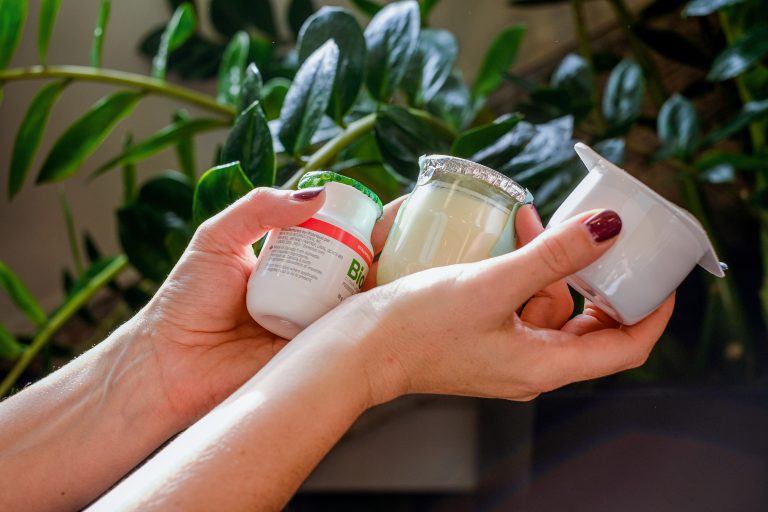
Should everyone take a probiotic? Assessment of evidence of probiotics for healthy people
By Prof. Daniel Merenstein MD and Dr. Mary Ellen Sanders PhD During the ISAPP 2024 meeting, an article titled, “Is… -
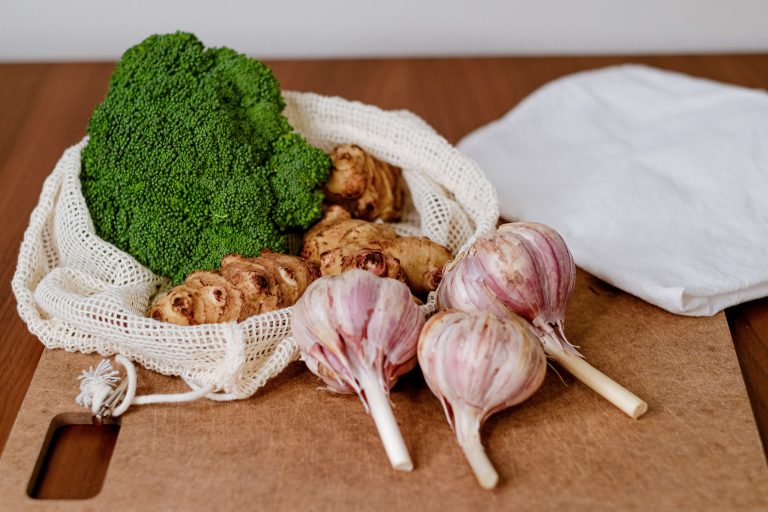
Can we estimate prebiotic effects from short-chain fatty acid production?
By Prof. Kristin Verbeke PhD, KU Leuven Short-chain fatty acids (SCFA), primarily acetate, propionate and butyrate, are the most abundant…
